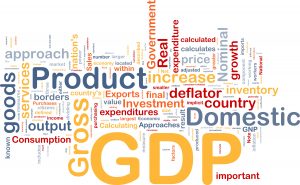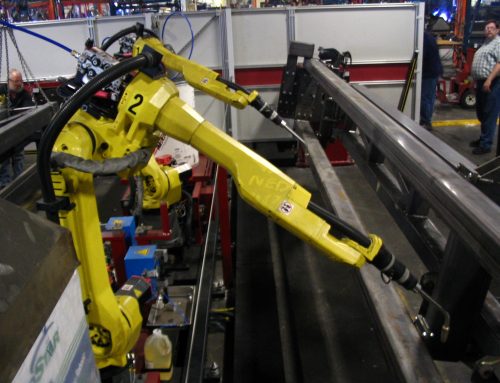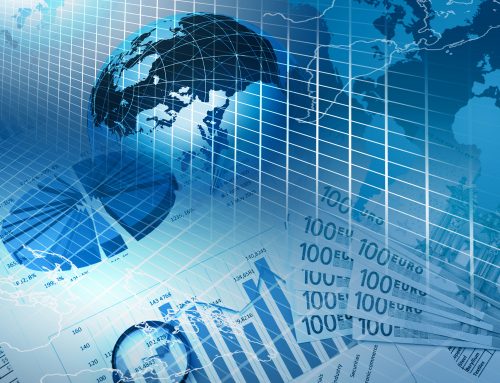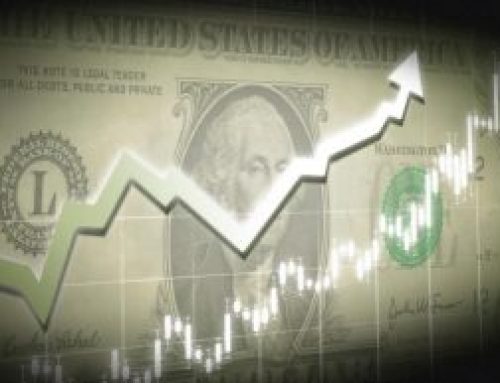 GDP has long been the standard barometer of economic growth or weakness. However, it does not tell you whether your economy is heading in the right direction. As technology makes over economies worldwide, will GDP be an accurate measure of growth in the future?
GDP has long been the standard barometer of economic growth or weakness. However, it does not tell you whether your economy is heading in the right direction. As technology makes over economies worldwide, will GDP be an accurate measure of growth in the future?
Stewart Wallis, former Director of the New Economics Foundation, suggests also that upward growth is not always a sign of economic health. Numbers that go up may appear positive at face value but obscure a broader picture. In lieu of GDP, Wallis posits that different measures are needed: equally understandable and able to be influenced by policy.
In an article via the World Economic Forum, he suggested some potential alternatives in place of the GDP:
Qualitative jobs reports. Since the 2008 crisis, unemployment statistics have been criticized for not providing a complete picture of the employment situation. For example, the unemployment figure we typically see quoted in the news is just one of several measures of unemployment and does not include those who have given up looking for work or are underemployed (i.e., part-time or contract).
Measures of economic equality. The disparity between economic classes is growing and have been largely ignored. Recent elections with nationalistic leanings brought to light many workers who have been displaced economically.
Environment. Climate change is no longer a hypothetical future. The effects of climate change will have major reverberations on economies as storms, droughts, and floods increase in intensity and disrupt the flow of goods and displace workers.
Health. Demographics have always been included as part of economic assessments. Obesity, cancer, avoidable deaths and other issues have implications for demographics. Currently, demographics do not favor economic growth in the coming years; baby boomers retiring and not enough people to replace them being one issue.
Wallis admits that such a shift in perspective will be a tough sell. Some of these measures are soft and not hard numbers. He believes, however, a shift in the way economics is measured and viewed is inevitable as the economy changes in the years ahead.





